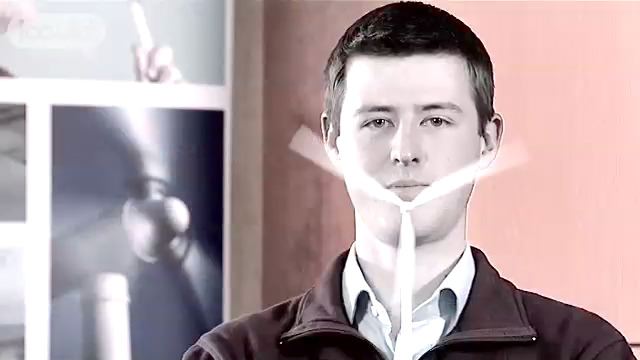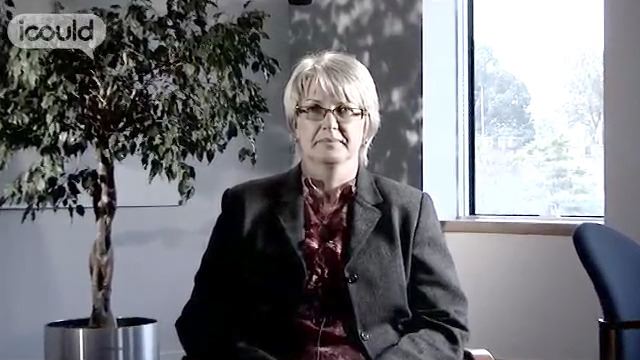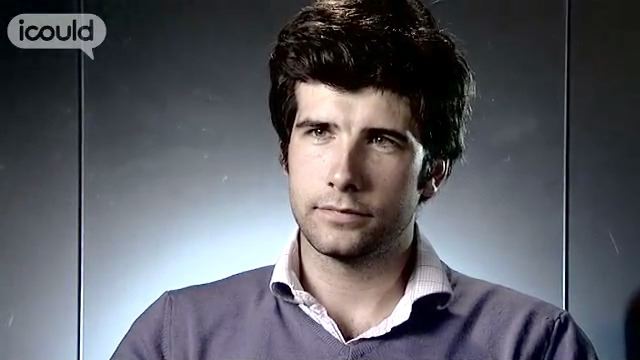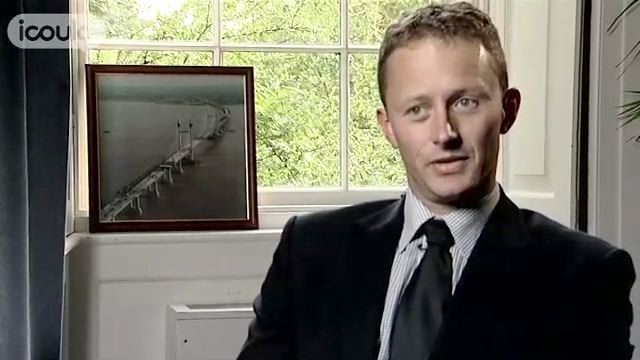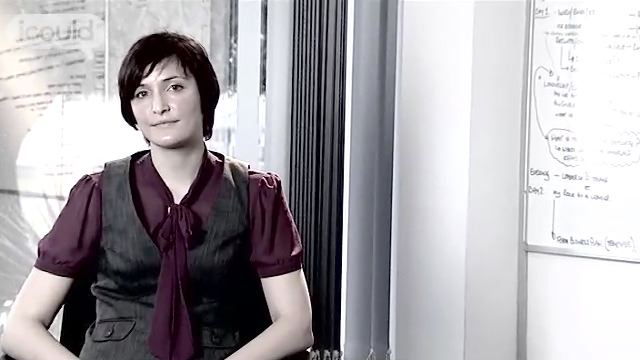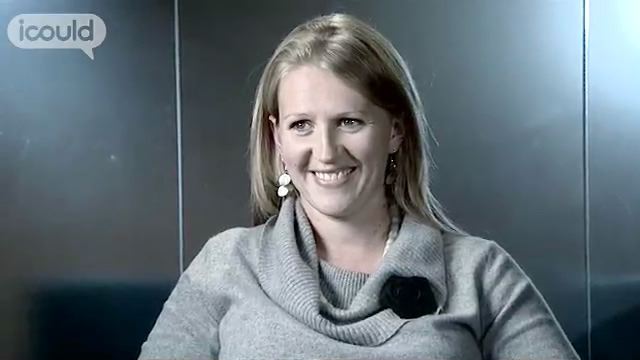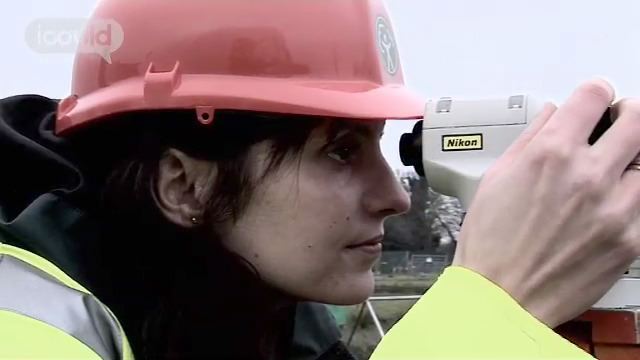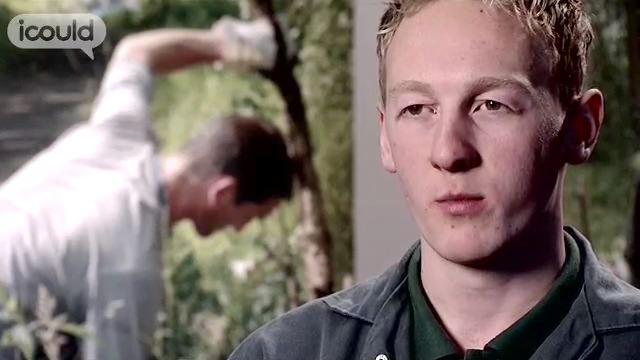Project Developer
E.ON
Daniel B
00:00:03 My name’s Daniel B, I’m a Project Developer for E.ON Climate and Renewables and that involves developing wind farms from early feasibility right through to construction.
00:00:13 The job’s incredibly varied, I’ll spend about half my time in the office and half my time out on site. I’ll work with the community and I’ll be open with the community, share information, take on board feedback and develop the wind farm in the most responsible way that I can, taking all factors into consideration.
00:00:34 Growing up I always had a keen interest in science and technology so I had a personal interest in that kind of thing and I thought I was going to go into sciences and then I realised I wanted to put my knowledge into a real outcome, so, developing and designing physical things and that’s engineering.
00:00:57 But between finishing my A Levels and going to university I received the offers for university and deferred for a year because I wanted to actually have a job, earn some money and I needed a break from studying. And so I got a job with the Inland Revenue and I was processing corporation tax returns for that year which wasn’t what I wanted to do. It’s not cutting edge, not exciting, not where I wanted to be. After about six months when the monotony of doing the same job every day without any variation, without any creativity became apparent to me and I started to teach myself programming language and build software tools for the office and that’s when I realised that’s what interested me and designing and creating things was what excited me and really, within the Inland Revenue, there weren’t opportunities for me so I went back to university and became an engineer.
00:02:57 The degree I took at Loughborough University was systems engineering which is geared up very much towards building complex technology such as fighter aircraft, helicopters, heads-up display for pilots so very complicated, very geared towards the defence industry for military applications where technology tends to be at the cutting edge. My first work experience whilst completing my degree was within the defence industry and I was working on a land based Army project which was very exciting and very good in terms of having fun as well as engineering experience. We’d be on the field with the Land Rovers driving by and the Army performing their training routines and artillery firing so it did feel like being in an action film.
00:02:47 Working in the defence industry was an exciting time of my career development and it had lots of opportunities but I realised I wanted to work in renewable energy and I did have to reconcile the internal, you know, the internal struggle between staying in a job which I have which is secure, which has career prospects and taking a risk to leave that and go for what I really wanted to do. So I took that risk and I resigned from my previous job and took this job with E.ON Climate and Renewables and it was the right thing to do and, really, I think anyone who is unhappy or they have something else they want to do, should listen to their instincts and make that jump because it will pay off.
00:03:38 For me, the way I want to contribute to helping the world is to contribute to combating climate change through renewable energy and energy efficiency and just talking to people and working with people to that end. ENDS
Daniel has a systems engineering degree and works in energy conservation. Following his earlier career in the defence industry, he had to make a big decision between following a path which was secure versus taking a risk and following a passion. He is glad he took the risk: “anyone who is unhappy or they have something else they want to do, should listen to their instincts and make that jump because it will pay off.”
More information about Building and civil engineering technicians
The UK average salary is £29,813
There are 37.5 hours in the average working week
The UK workforce is 47% female and 53% male
Future employment
- Sets up apparatus and equipment and undertakes field and laboratory tests of soil and work materials
- Performs calculations and collects, records and interprets data
- Sets out construction site, supervises excavations and marks out position of building work to be undertaken
- Inspects construction materials and supervises work of contractors to ensure compliance with specifications and arranges remedial work as necessary
- Creates and designs plans (using computer aided software)
- Estimates project costs
- Estimates timescales for project delivery
